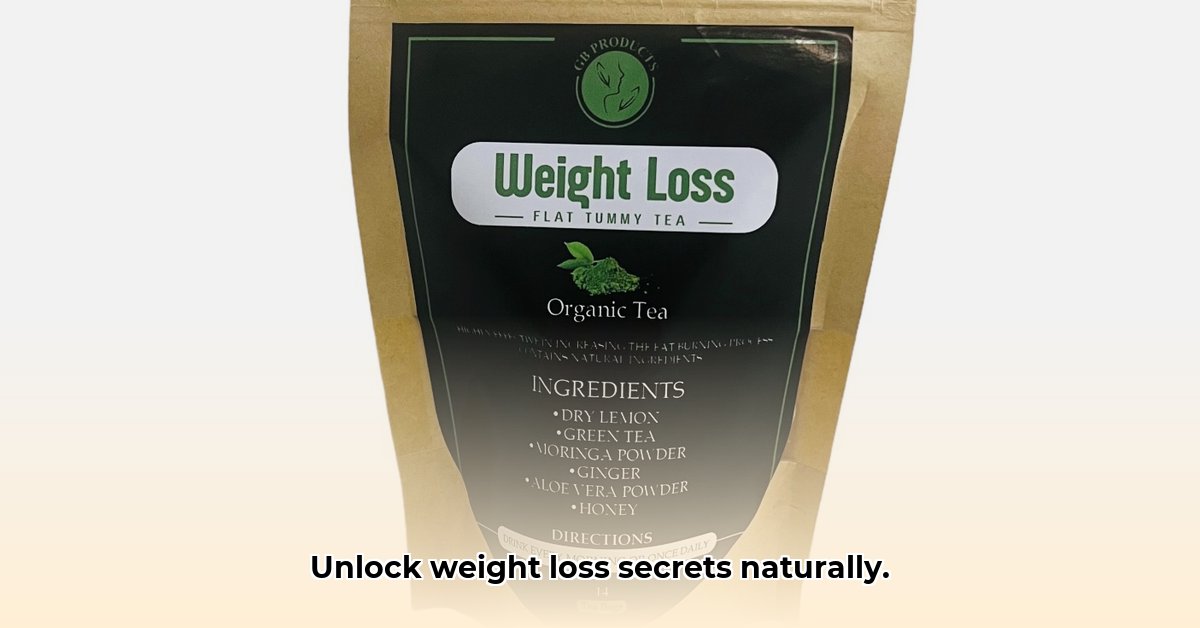
Many people are seeking natural ways to support their health goals. Caffeine-free teas are gaining popularity as a delicious and potentially beneficial option. This comprehensive guide explores the diverse world of herbal infusions, their potential health benefits, and how to incorporate them into a balanced lifestyle. We'll cover everything from choosing high-quality teas to brewing techniques, focusing on how these beverages can contribute to overall well-being.
Exploring the World of Caffeine-Free Teas
The appeal of caffeine-free teas lies in their incredible variety. Beyond the familiar chamomile and peppermint, a wide range of flavorful and potentially beneficial options exist. Rooibos, a South African native with a naturally sweet and slightly nutty taste, is a firm favorite. Similarly, hibiscus offers a tart and fruity flavor. Ginger, known for its warmth and spiciness, is another popular choice. Countless herbal blends offer unique flavor combinations and potentially synergistic health benefits.
Diverse Tea Types and Their Potential Benefits
The following table highlights some popular caffeine-free teas and their potential benefits. It's important to remember that, while these teas may offer positive effects, they are not a replacement for a balanced diet and healthy lifestyle.
| Tea Type | Flavor Profile | Potential Benefits |
|---|---|---|
| Rooibos | Sweet, nutty, slightly earthy | Rich in antioxidants; may support digestive health. [1] |
| Peppermint | Refreshing, cool, minty | May soothe digestive upset; traditionally used for digestive comfort. [2] |
| Chamomile | Floral, calming | Promotes relaxation; may improve sleep quality. [3] |
| Ginger | Spicy, warming | May aid digestion; possesses anti-inflammatory properties. [4] |
| Hibiscus | Tart, slightly fruity | Abundant in antioxidants; may support cardiovascular health. [5] |
| Herbal Blends | Variable, depending on ingredients | Benefits vary widely; research individual ingredients for specific health information. |
[1] (Source needed – Study on Rooibos and digestion) [2] (Source needed – Study on Peppermint and digestive comfort) [3] (Source needed - Study on Chamomile and sleep quality) [4] (Source needed – Study on Ginger and inflammation) [5] (Source needed – Study on Hibiscus and cardiovascular health)
Benefits Beyond Weight Management: Supporting a Healthy Lifestyle
While often associated with weight loss, it's crucial to understand that no single tea is a guaranteed weight-loss solution. However, many caffeine-free teas offer health benefits that indirectly support healthy habits. For instance, a calming cup of chamomile before bed may reduce stress, potentially improving sleep quality, which is essential for regulating hormones linked to appetite and weight management. "Stress management is a cornerstone of a healthy lifestyle," notes Dr. Anya Sharma, a registered dietitian at the Wellness Institute.
Peppermint and ginger, known for their digestive benefits, can contribute to optimal nutrient absorption and gut health. A flourishing gut microbiome has increasingly been linked to overall health and well-being. The antioxidant properties of many teas further support a robust immune system, which plays a crucial role in overall wellness and energy levels. These indirect benefits can significantly contribute to a healthier lifestyle.
Brewing the Perfect Cup: A Simple Guide
Choosing high-quality teas is key to unlocking their full potential. Opt for organic options whenever possible to minimize pesticide exposure. Proper brewing techniques ensure you extract the best flavors and beneficial compounds.
Step-by-Step Brewing Instructions:
- Heat the water: Use filtered water heated to just below boiling (around 200°F or 93°C).
- Warm the teapot (optional): Pre-warming the teapot helps maintain the ideal temperature for steeping.
- Add the tea: Use the recommended amount of tea leaves or tea bags (check packaging instructions).
- Pour the water: Slowly pour the water over the tea leaves or bag to ensure full submersion.
- Steep: Allow the tea to steep for the suggested time (3-5 minutes, but this can vary).
- Strain and serve: Strain the tea and enjoy!
Store your tea properly in an airtight container in a cool, dark, dry place to preserve its freshness.
Integrating Tea into Your Daily Routine
Caffeine-free tea easily integrates into a daily routine. Enjoy it as a part of your morning ritual, an afternoon pick-me-up, or a relaxing evening beverage. However, remember that tea is just one component of a balanced lifestyle. Sustainable weight management (if that's a goal) requires nutritious meals, regular physical activity, and effective stress management techniques.
"A holistic approach is always best," advises Dr. David Lee, a physician specializing in integrative medicine at the Holistic Health Center. "Caffeine-free tea can be a wonderful addition, but it's part of a larger picture of healthy habits."
Conclusion: A Holistic Approach to Wellness
Caffeine-free teas offer a delicious and potentially beneficial addition to a healthy lifestyle. While not a magic weight-loss bullet, their varied health benefits can support overall well-being. Remember the importance of a balanced approach encompassing nutrition, exercise, and stress management. Enjoy exploring the wide array of flavors and potential benefits these teas offer!